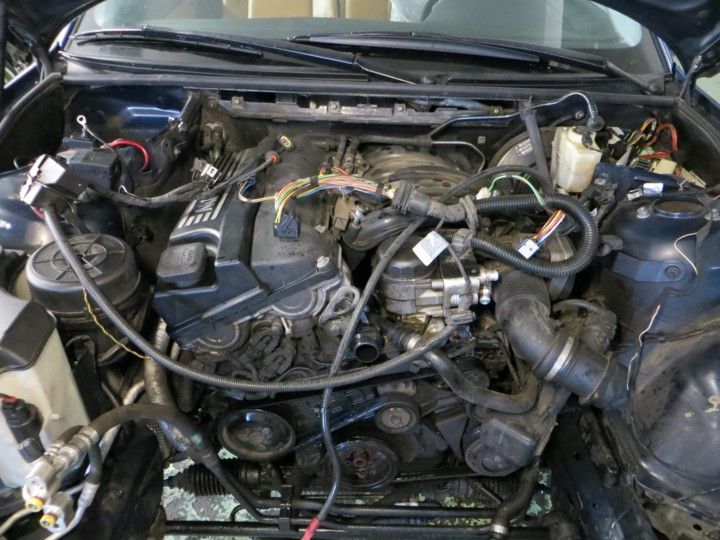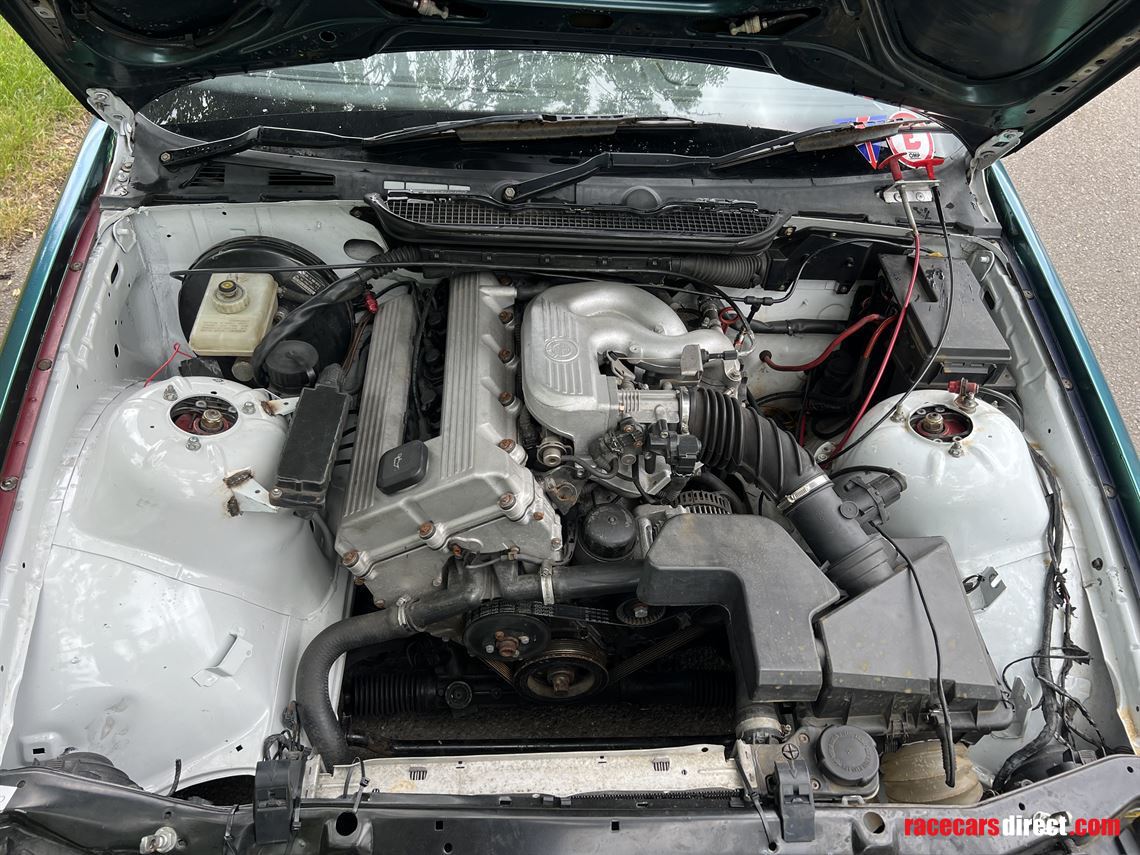The BMW 318ti: A Blend of Style, Comfort, and Efficiency
The BMW 318ti: A Blend of Style, Comfort, and Efficiency
Blog Article
Trick Attributes to Seek When Investing In an Engine for Automotive Applications
When taking into consideration the purchase of an engine for automobile applications, several crucial functions warrant mindful analysis to guarantee ideal performance and functionality. From power and efficiency capacities to sustain performance, adherence, and toughness to discharges standards, each facet plays an important function in identifying the engine's viability for particular vehicle requirements.
Power and Efficiency
When choosing a vehicle engine, purchasers prioritize power and efficiency to make certain optimal driving experience and effectiveness. The power outcome of an engine, frequently determined in horse power (HP) or kilowatts (kW), dictates the velocity, leading speed, and overall capacities of a lorry. Higher power ratings generally cause quicker acceleration and far better performance, specifically throughout overtaking or lugging heavy tons. Performance, on the various other hand, incorporates a broader spectrum of qualities, consisting of fuel effectiveness, emissions, integrity, and total driving characteristics. A well-performing engine not only supplies power successfully but additionally runs efficiently across different rate varieties and driving conditions.
Additionally, variables such as engine variation, turbocharging, and crossbreed modern technologies play considerable duties in enhancing both power and performance degrees. Ultimately, choosing an engine that offers a potent combination of power and performance makes certain a effective and satisfying driving experience.
Fuel Effectiveness
Enhancing gas performance is a critical factor to consider for consumers when reviewing automobile engine alternatives. Modern engines with features like direct gas injection, turbocharging, and variable valve timing can substantially boost fuel effectiveness by improving burning processes and minimizing energy loss.

Resilience and Dependability
Attaining long-lasting performance and dependable procedure is vital for consumers examining the resilience and integrity of automobile engines. When thinking about an engine for vehicle applications, toughness describes the engine's capability to stand up to wear, anxiety, and severe operating problems over a prolonged duration. Integrity, on the other hand, indicates that the engine can constantly do its desired feature without unforeseen break downs or failures.
Consumers must look for engines built with high-quality products and accurate design to ensure durability. Elements such as crankshafts, pistons, and bearings ought to be long lasting to manage the engine's power outcome without early wear. Furthermore, engines geared up with sophisticated air conditioning systems, effective lubrication, and durable purification systems often tend to display higher degrees of integrity.
Normal upkeep and adherence to maker suggestions are additionally vital factors in maintaining an engine's toughness and dependability. By following maintenance schedules, using suggested liquids, and addressing any issues immediately, consumers can take full advantage of the life expectancy and performance of their automotive engines. Eventually, focusing on toughness and dependability in engine choice can bring about a more rewarding ownership experience with less unforeseen disturbances.
Emissions Conformity
Making certain compliance with discharges laws is an essential element of evaluating automobile engines for ecologically conscious customers. With increasing problems concerning air high quality and environmental effect, strict emissions standards have actually been put in location worldwide to decrease hazardous pollutants released this hyperlink into the environment. When purchasing an engine for automobile applications, it is important to consider its emissions compliance to minimize the carbon impact and comply with lawful demands.
Modern engines are geared up with innovative exhaust control technologies such as catalytic converters, exhaust gas recirculation (EGR) systems, and selective catalytic reduction (SCR) to lower click to find out more unsafe exhaust gases like nitrogen oxides (NOx), carbon monoxide (CO), and hydrocarbons (HC) These systems play a crucial function in making sure that the engine fulfills the defined emissions standards and operates within acceptable limitations.

Cost-effectiveness
When thinking about automotive engine purchases, examining cost-effectiveness is paramount for customers seeking both efficiency and worth. Cost-effectiveness in engine procurement includes even more than just the preliminary purchase rate. It incorporates the general costs connected to maintenance, fuel usage, and possible fixings over the engine's life-span. Choosing an engine that uses a balance between ahead of time prices and lasting cost savings can cause considerable advantages for the consumer.
One trick element of cost-effectiveness is fuel efficiency. Engines that are developed to take full advantage of fuel economic climate can bring about substantial savings with time, especially for individuals who drive regularly or over cross countries. In addition, considering the availability and price of spare parts and maintenance can add to the general cost-effectiveness of an engine. Ensuring that repair and maintenance are available and practical can avoid unexpected financial worries down the line.

Final Thought
Finally, when buying an engine for vehicle applications, it is crucial to take into consideration crucial features such as power and performance, fuel toughness, integrity and performance, discharges compliance, and cost-effectiveness. These elements are essential in ensuring that the engine fulfills the demands of the lorry and runs successfully in numerous driving conditions - bmw 318ti. Making a notified choice based on these criteria will ultimately lead to a effective and effective auto engine purchase
From power and efficiency check it out abilities to sustain toughness, effectiveness, and adherence to exhausts requirements, each facet plays an important role in establishing the engine's suitability for specific automobile requirements. Engines made to run on alternate fuels such as electric power, crossbreed systems, or biofuels can provide better gas economic climate and lower discharges contrasted to standard gas or diesel engines. Customers need to carefully take into consideration the fuel performance ratings and technologies incorporated into automotive engines to make educated buying decisions that line up with their concerns for expense savings and sustainability.
When considering an engine for auto applications, longevity refers to the engine's capability to hold up against wear, anxiety, and severe operating conditions over an extensive duration.In final thought, when buying an engine for vehicle applications, it is critical to take into consideration key attributes such as power and efficiency, fuel integrity, effectiveness and longevity, emissions conformity, and cost-effectiveness.
Report this page